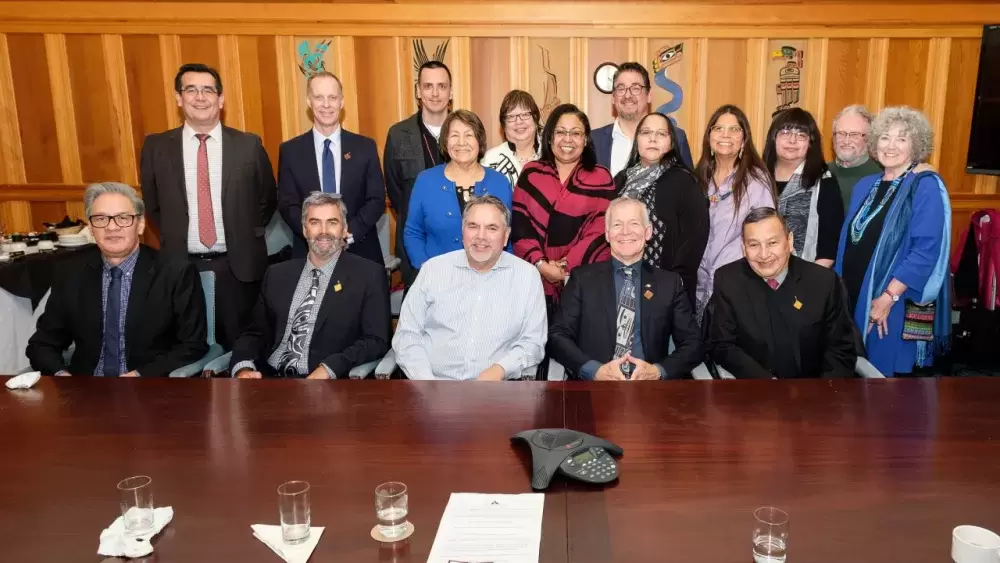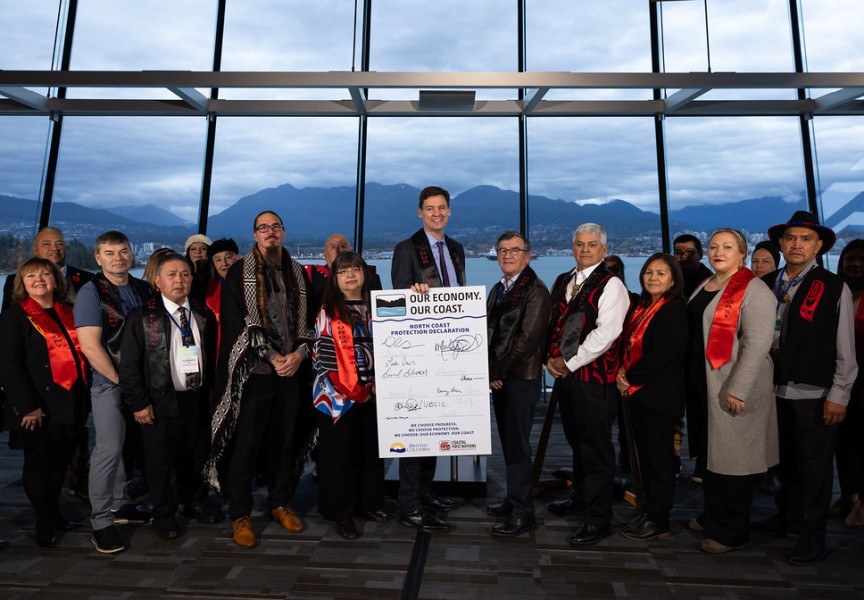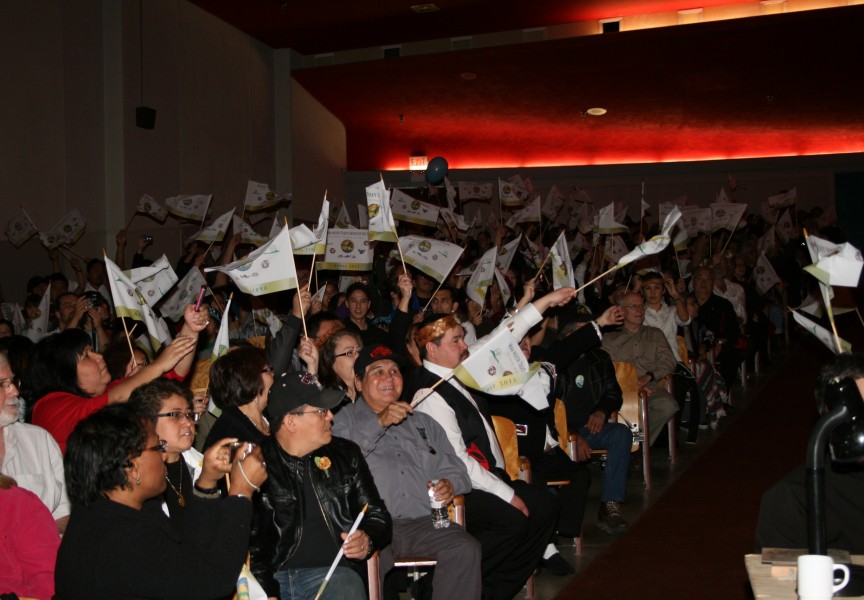A lengthy struggle is over.
And though she’s been battling for this day for 13 years, Nuu-chah-nulth Tribal Council President Judith Sayers prefers to look forward instead of back.
It was announced this past week that the B.C. government will soon begin to transfer almost $200 million in gaming revenue to the 203 eligible First Nations in the province. Other provinces have been providing gaming revenue to First Nations for years. British Columbia is the last province in Canada to do so.
“Sure, there’s regrets,” Sayers said. “But you can’t do much but accept it and move on.”
The B.C. government had announced its revenue sharing plans as part of its budget this past February, but concrete details were unveiled last week. The provincial government collected $1.391 billion in net revenue from gaming activities in 2017-18. A total of seven per cent of this revenue will be split among First Nations in the province.
“It’s a very happy time and I think something that the First Nations are very happy about as well,” Sayers said. “Every First Nation I’m talking to is excited about it. And they’re glad to start receiving it.”
But First Nations will not automatically receive a portion of these funds. An eight-step process needs to be followed indicating the First Nations are willing to join the newly established B.C. First Nations Gaming Revenue Sharing Limited Partnership.
“They have to sign it to say they want to be a partner in this,” Sayers said. “Hopefully that will be done quickly.”
Sayers has been battling for gaming revenue sharing since 2006 when she started work on the First Nation Gaming Committee. Previous provincial governments in B.C., however, were unwilling or not keen for any speedy deals.
Ahousaht First Nation Chief Councillor Greg Louie is not certain of the exact amount his community will be receiving under plans revealed last week.
“It’s in a secret envelope,” he said. “I don’t think I’d like to guess the amount.”
Actually, provincial officials need to wait and see how many First Nations complete all the paperwork to receive their share of funding. Thus, exact amounts for each First Nation have yet to be determined. Plus, provincial officials have set up a formula on how to best split the revenues.
Half of the base funding (50 per cent) will be equally divided among all eligible First Nations. And then 40 per cent of the funding will be based on a First Nation’s population. Ahousaht, which has more than 2,200 members and is the largest Nuu-chah-nulth nation, would receive more than the 13 other NCN First Nations.
And as part of the provincial formula, the final 10 per cent of funding will be split among geographically remote First Nations.
In a news release B.C. Premier John Horgan said his government is establishing a 25-year revenue stream for First Nations across the province as part of its reconciliation commitment.
“This funding will make it possible for (First) Nations to provide important new economic, social and cultural opportunities that directly benefit the people who live in their communities,” Horgan said.
Sayers said each First Nation will be able to decide on its own how to best utilize the money it will receive. Many First Nations across the province are consistently seeking ways to upgrade their housing, infrastructure, transportation, education or health and wellness initiatives.
Louie believes funds that the Ahousaht First Nation receives will go to economic development of the community. Ahousaht established a housing economic board earlier to upgrade the livability on the First Nation.
Like Sayers, Louie is pleased gaming revenue will finally start being distributed to First Nations in the province. And he doesn’t like to dwell on the fact B.C. is the last province in the country to give First Nations a cut.
“We can’t feel bad for what didn’t happen before,” he said. “Let’s just be happy about this.”
Louie is also pleased the deal announced last week will see revenue sharing continue for a quarter of a century.
“It’s a great start,” he said. “But I’m sure in the 20th year or somewhere down the line, the chiefs then or those in charge will be saying let’s renegotiate this.”
British Columbia Assembly of First Nations Regional Chief Terry Teegee is also pleased with last week’s news, but believes more needs to be done.
“This new stream of revenue will help build local and regional economies led by First Nations in B.C.,” Teegee said in a news release. “Gaming is part of our jurisdiction and inherent rights. We acknowledge the progress made with the government on gaming, but we cannot stop here. Further, First Nations must be more involved in the gaming industry, particularly those communities who are interested in opening up new facilities, and we need to see improved relationships with existing gaming facilities.”







